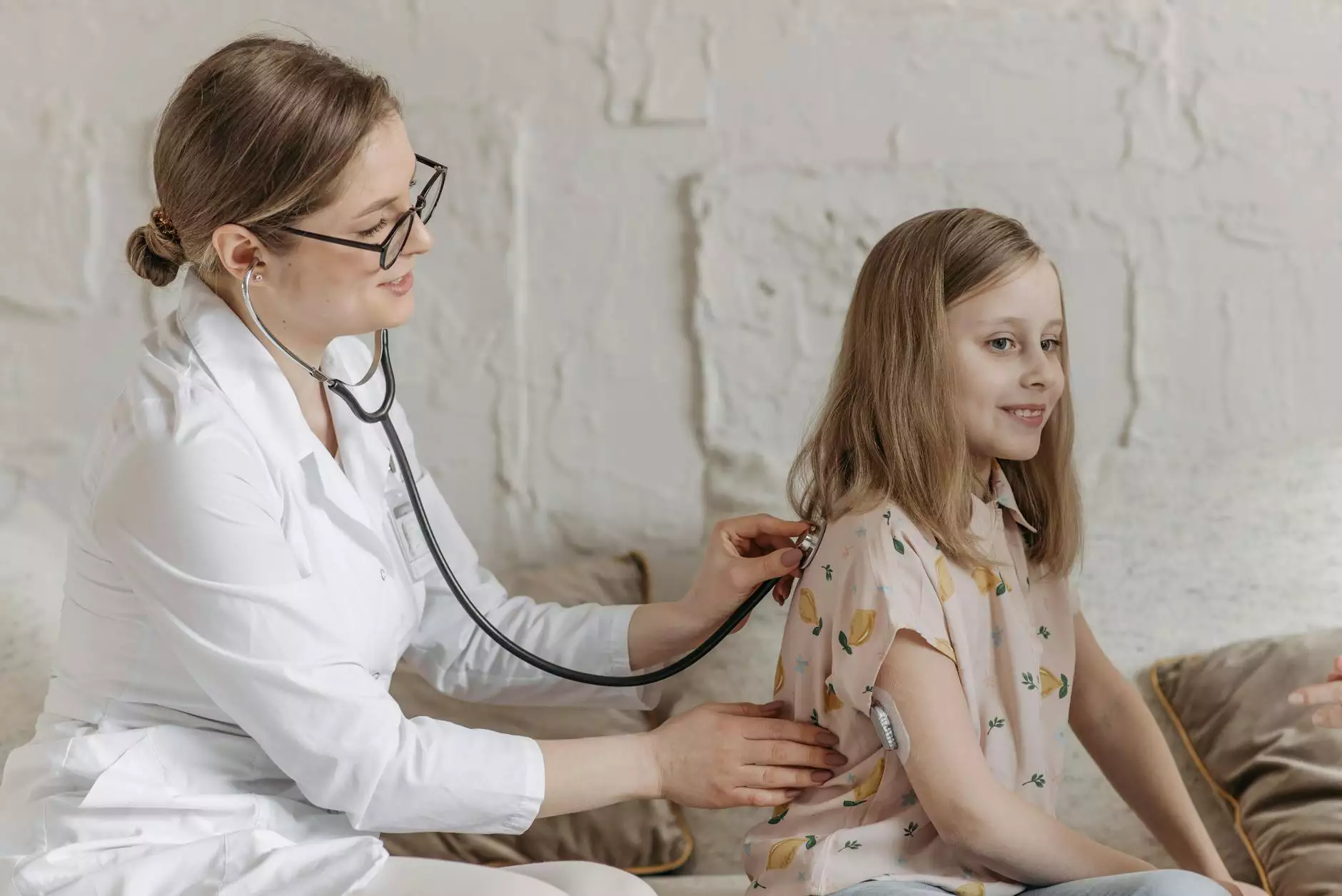The Importance of Consulting a Lung Doctor for Optimal Health

Health and well-being largely depend on our lungs, as they play a vital role in providing oxygen to our bodies and removing carbon dioxide. For individuals struggling with respiratory issues or those seeking to understand more about their pulmonary health, consulting a lung doctor is crucial. This comprehensive article will delve deep into the significance of lung health, the role of lung doctors, and the intersection between pulmonary care, sports medicine, and physical therapy.
Understanding Lung Health
Lung health is often taken for granted until a problem arises. The lungs are essential organs responsible for gas exchange, where oxygen is inhaled, and carbon dioxide is exhaled. Maintaining optimal lung function is paramount for overall health, especially for active individuals.
The Anatomy of the Lungs
To appreciate the importance of consulting a lung doctor, one must understand the anatomy of the lungs:
- Bronchi: The main air passages leading to the lungs.
- Alveoli: Tiny air sacs where gas exchange occurs.
- Pleura: A membrane surrounding the lungs that aids in smooth breathing.
- Diaphragm: The muscle that helps with breathing by contracting and relaxing.
Common Lung Conditions
Many conditions can affect lung health, including:
- Asthma: A chronic condition that narrows the airways, making breathing difficult.
- Chronic Obstructive Pulmonary Disease (COPD): A group of lung diseases that block airflow and make it difficult to breathe.
- Lung Cancer: A malignant tumor that can greatly affect lung function.
- Pneumonia: An infection that inflates the air sacs in one or both lungs.
The Role of a Lung Doctor
A lung doctor, also known as a pulmonologist, is a specialized medical professional who focuses on diagnosing and treating lung conditions. They play a critical role in:
- Providing comprehensive assessments through physical exams, imaging tests, and pulmonary function tests.
- Developing tailored treatment plans, including medication, therapy, and lifestyle changes.
- Educating patients about lung health and its impact on overall well-being.
When to See a Lung Doctor
It is crucial to see a lung doctor if you experience any of the following symptoms:
- Difficulty breathing or shortness of breath.
- Chronic cough that doesn’t go away.
- Chest pain or tightness.
- Frequent respiratory infections.
Lung Health and Physical Activity
Maintaining lung health is particularly important for those engaged in sports medicine. Athletes and active individuals rely on optimal lung function to enhance performance and endurance.
The Impact of Exercise on Lung Health
Regular exercise promotes healthy lungs in various ways:
- Improved Oxygen Uptake: Exercise increases the efficiency of oxygen uptake in the lungs.
- Enhanced Lung Volume: Physical activity can improve lung capacity over time.
- Respiratory Muscle Strength: Exercise strengthens the muscles involved in breathing.
Risks of Neglecting Lung Health in Athletes
Athletes who overlook their lung health may face various challenges:
- Decreased Performance: Poor lung function can lead to early fatigue and reduced endurance.
- Increased Susceptibility to Infections: Intense training may weaken the immune system, making athletes more prone to respiratory infections.
- Chronic Conditions: Failure to address underlying lung issues can lead to chronic respiratory diseases, impacting long-term health and performance.
Physical Therapy and Lung Health
Physical therapy plays a pivotal role in managing and improving lung health, especially for patients with chronic respiratory conditions.
Benefits of Physical Therapy for Lung Patients
Physical therapists can provide valuable support to those with lung issues, including:
- Breathing Exercises: Techniques to improve breathing efficiency and increase lung capacity.
- Endurance Training: Programs designed to enhance overall fitness and respiratory health.
- Education: Guidance on managing symptoms and improving lifestyle choices.
Taking Proactive Steps for Lung Health
Prioritizing lung health should be a part of every individual’s regimen. Here are some proactive steps to consider:
- Avoid Tobacco: Smoking is harmful to lung health and increases the risk of severe diseases.
- Stay Fit: Engage in regular physical activity to ensure optimal lung function.
- Monitor Air Quality: Be aware of your environment and avoid inhaling harmful pollutants.
- Regular Check-ups: Schedule consultations with a lung doctor for check-ups, especially if you have pre-existing conditions.
Conclusion
In conclusion, consulting a lung doctor and maintaining lung health is essential for every individual, especially those involved in physical activities. Being proactive about your lung health can lead to improved quality of life and better overall health outcomes. By embracing wellness strategies, participating in sports medicine, and utilizing physical therapy, you can ensure that your lungs remain strong and resilient.
For more information or to schedule an appointment with a qualified lung doctor, visit Hello Physio. Taking charge of your lung health today will yield benefits for years to come!








